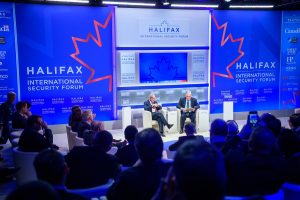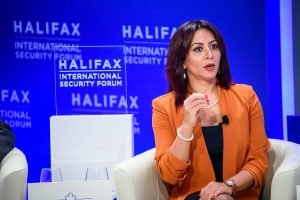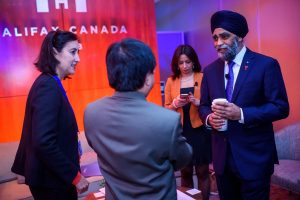HFX Conversations is HFX’s online publication. HFX Conversations is dedicated to bringing ideas and opinions from democratic leaders to the wider public and will publish essays and interviews when they need to be published.
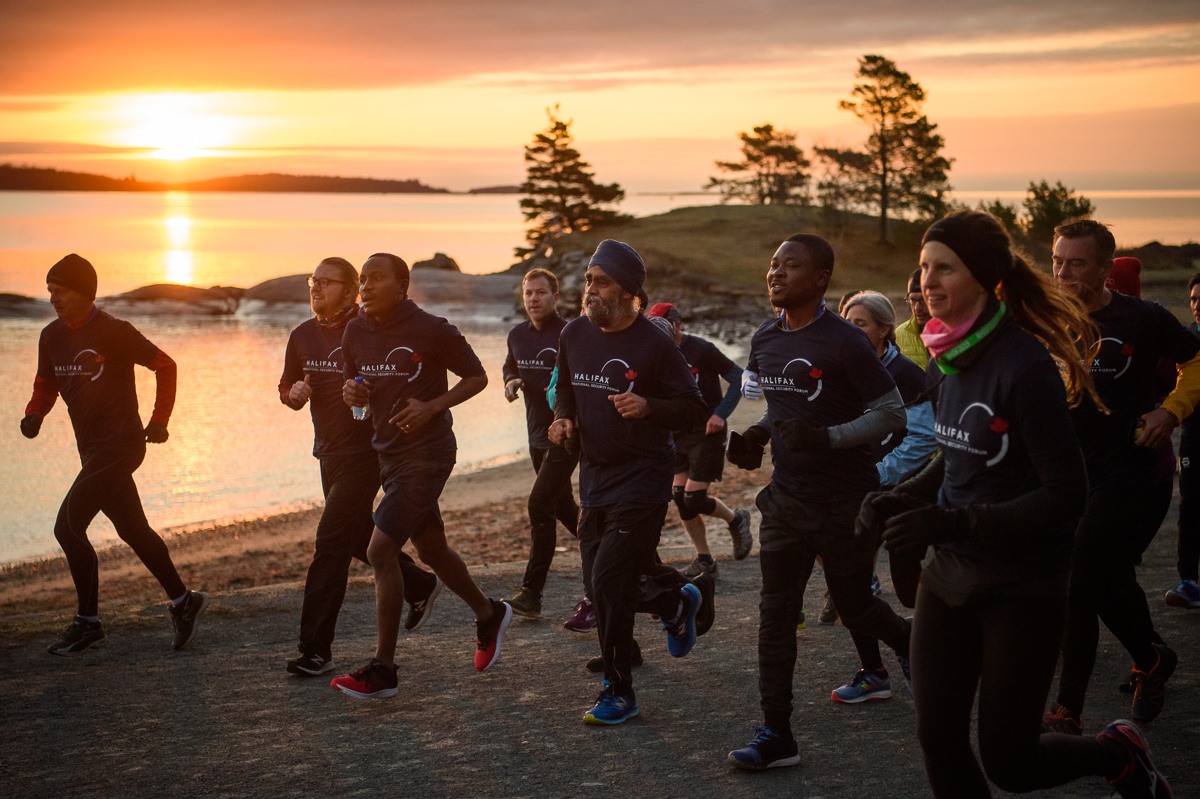
2019 HALIFAX INTERNATIONAL SECURITY FORUM
DATE
November 22-24, 2019
LOCATION
Halifax, Nova Scotia
PARTICIPANTS
300
AGENDA & SPEAKERS
15:00-15:30
Welcome On the record
Mr. Peter Van Praagh, President, Halifax International Security Forum
Opening Remarks On the record
The Hon. Harjit Singh Sajjan, Minister of National Defence, Canada
2019 is a year of anniversaries. One hundred years ago, the Treaty of Versailles was signed and the ‘War to end all Wars’ was over. In reality, the seeds were planted for a conflict far worse. Seventy-five years ago, the Second World War would take young Canadian men from their homeland to fight and die on the beaches of Normandy – alongside British and American allies. And thirty years ago, the Berlin Wall fell, ending the Cold War and ushering in a new era of peace and democracy. But democracy is in peril and large belligerent states, like Russia and China, seek to disrupt the international rules based order. At every turn, we think the job is done. But it isn’t.
Halifax International Security Forum President Peter Van Praagh opened this year’s Forum, noting this weekend will provide an opportunity for all to reassess the global situation in 2019. Are we able to work together to restore and spread democracy? Are our global institutions still up to the task? Are we? The dialogue continues in Halifax.
Canada is not immune from a rapidly changing world in which internal conflicts, climate change, and technological threats, are the new norm. All the while, some of our allies undermine alliances, treaties and the international rules-based system. This was the backdrop to Canadian Defence Minister Harjit Sajjan’s remarks about the new and grave challenges to Canada and the world at the start of the 2019 Halifax International Security Forum. Threats to the Canadian way of life cannot be met head-on solely by the military. The private sector, think-tanks and citizens all have a role to play in defending the values we hold dear. Sajjan emphasized Canada’s commitment to multilateralism and noted his willingness to work with the country’s friends and allies – many represented at the Forum this weekend – for the security of Canada and the world.
“We host this forum every year because we believe that we are stronger together”
— he Hon. Harjit Sajjan, Minister of National Defence, Canada
“Freedom and democracy cannot be taken for granted in any country at any time”
— Mr. Peter Van Praagh, President, Halifax International Security Forum
15:30-16:30
Plenary 1: Revolutions of Our Time: Freedom Without US On the record
Speakers
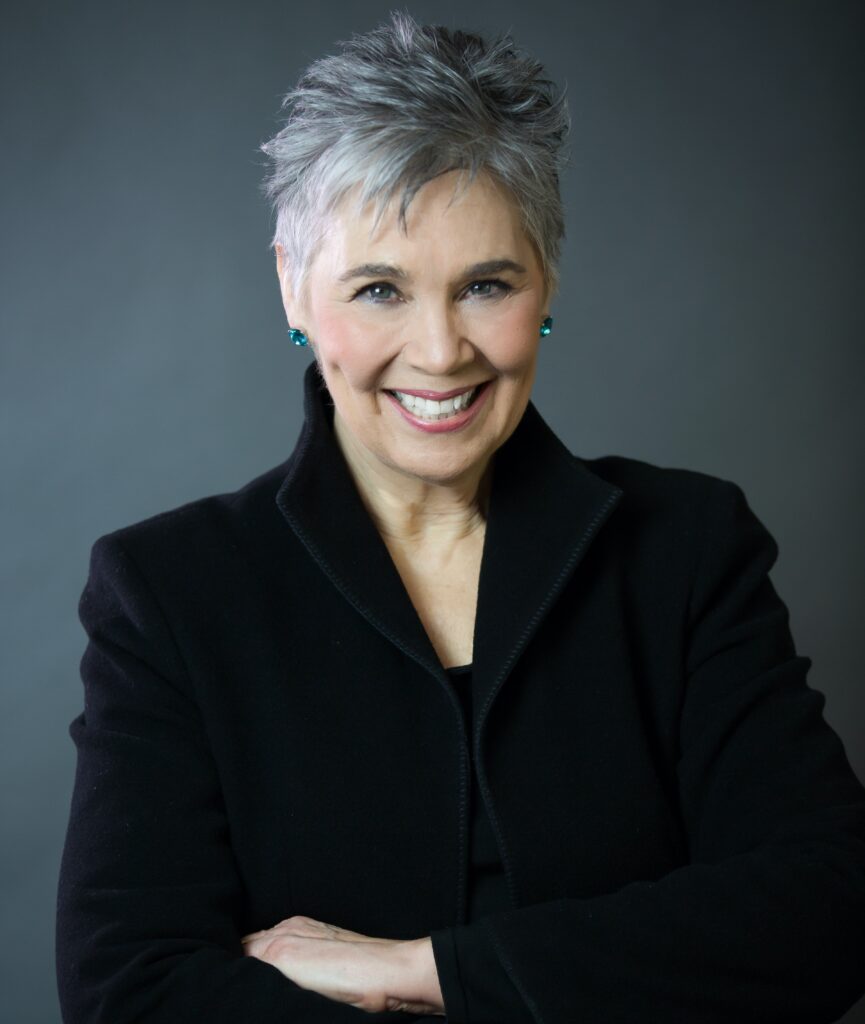
Moderator Ms. Jeanne Meserve
Member, Homeland Security Experts Group
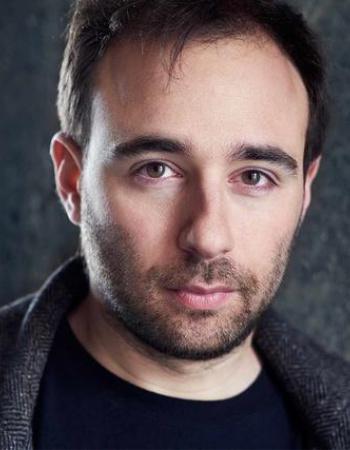
Professor Yascha Mounk
Contributing Editor, The Atlantic; Associate Professor, Johns Hopkins University
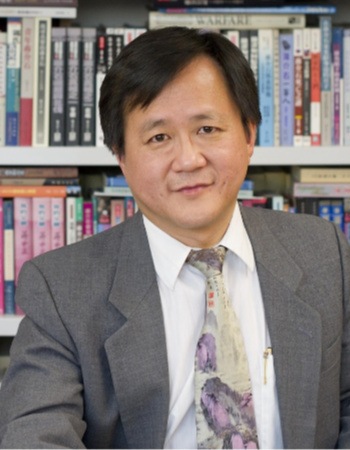
Professor Steve Tsang
Director, China Institute, School for Oriental and African Studies, University of London
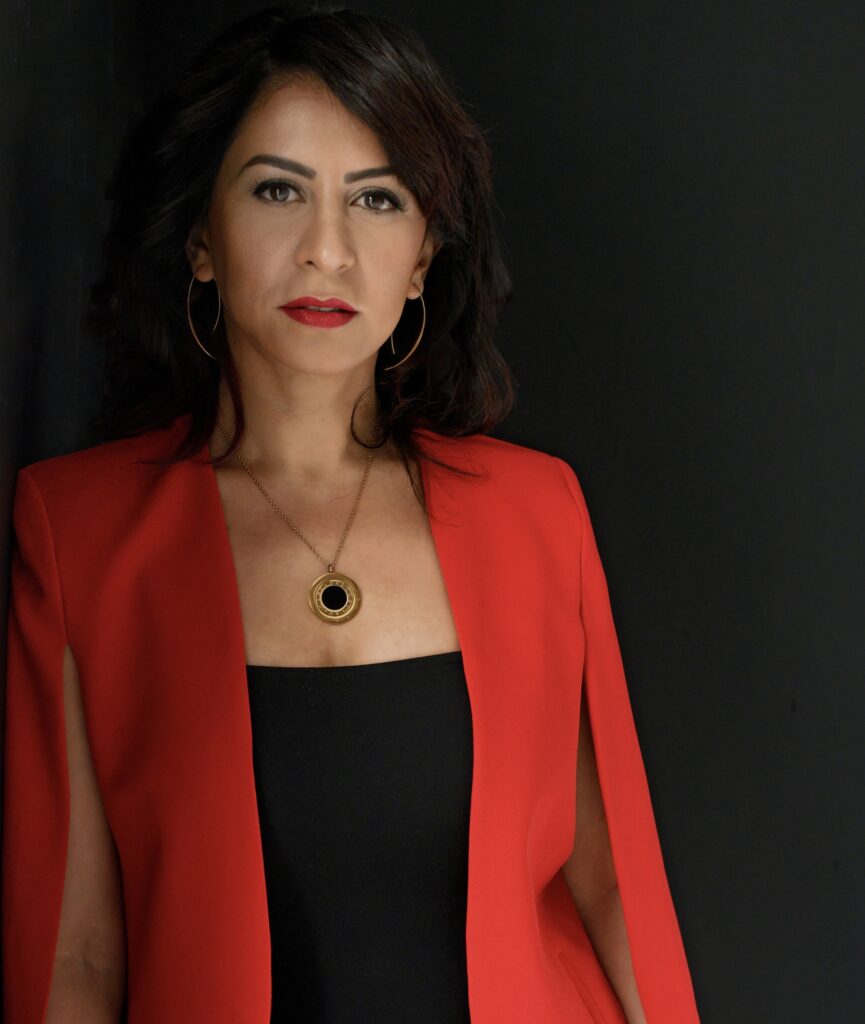
Dr. Nancy Okail
Executive Director (fmr.), Tahrir Institute
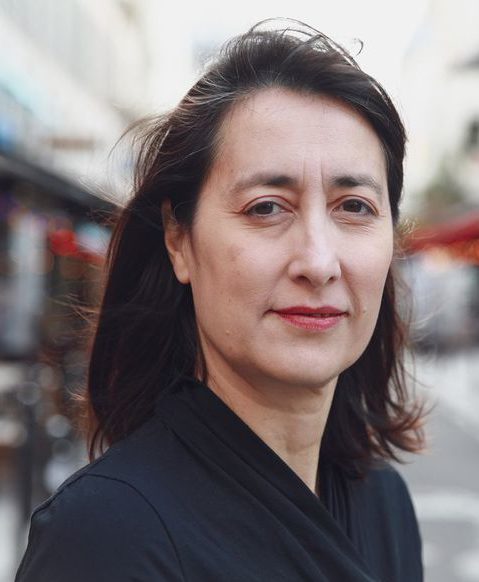
Ambassador Isadora Zubillaga
Deputy Commissioner for Foreign Affairs, National Assembly Venezuela and Ambassador of Venezuela to France
All around the world, democracy is retreating as authoritarian regimes gain ground. From Hong Kong to Venezuela, from Chile to Lebanon, protesters are not willing to let freedom and democracy go without a fight. The first plenary session of the 2019 Halifax International Security Forum began by asking: what role should the United States, and the broader international community, play as this crisis of democracy unfolds?
Isadora Zubilaga believes the international community has an indispensable role to play. The breakdown of democracy in one country can spread beyond its borders. But rocking the boat can have undesired outcomes. How long can emerging dictatorships sustain their legitimacy? Yascha Mounk asserts it’s up to citizens who have the courage to raise their voices. And with protests in Hong Kong raging, leaders of the world continue to scratch their heads on whether to take a stand or watch from the sidelines.
“The policies Xi Jinping has put in place will result in the destruction of Hong Kong as we know it”
— Professor Steve Tsang, Director, China Institute, School for Oriental and African Studies, University of London
“You are not powerful by the status of your economy and army. You’re only as powerful as your ability to use that power”
— Dr. Nancy Okail, Executive Director (fmr.), Tahrir Institute
“We are starting to see that the leaders who claimed to give power back to the people are actually just concentrating it in their own hands”
— Mr. Yascha Mounk, Contributing Editor, The Atlantic
“Venezuela is an example of how a democracy was used to destroy democracy”
— Ambassador Isadora Zubillaga, Deputy Commissioner for Foreign Affairs, National Assembly, Venezuela
Coffee Break
Coffee Break
17:00-18:00
Plenary 2: Values Trade: Our Way or the Huawei On the record
Speakers
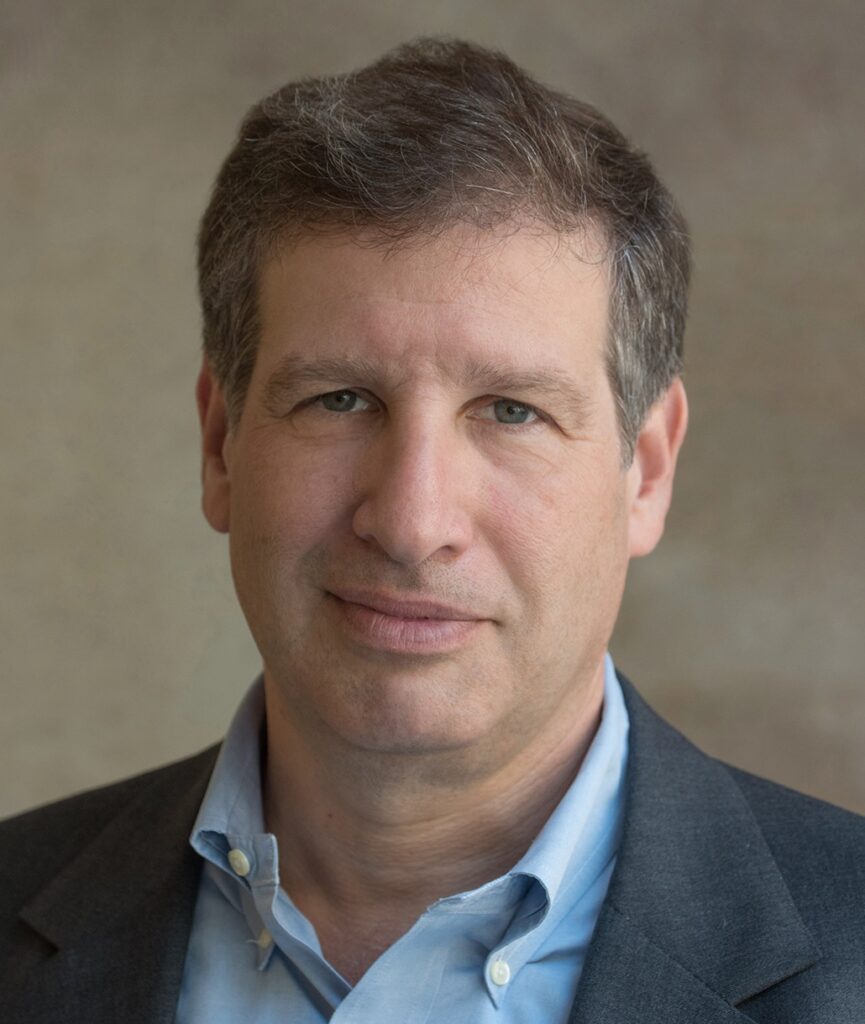
Moderator Dr. Gideon Rose
Editor, Foreign Affairs; Peter G. Peterson Chair, Council on Foreign Relations
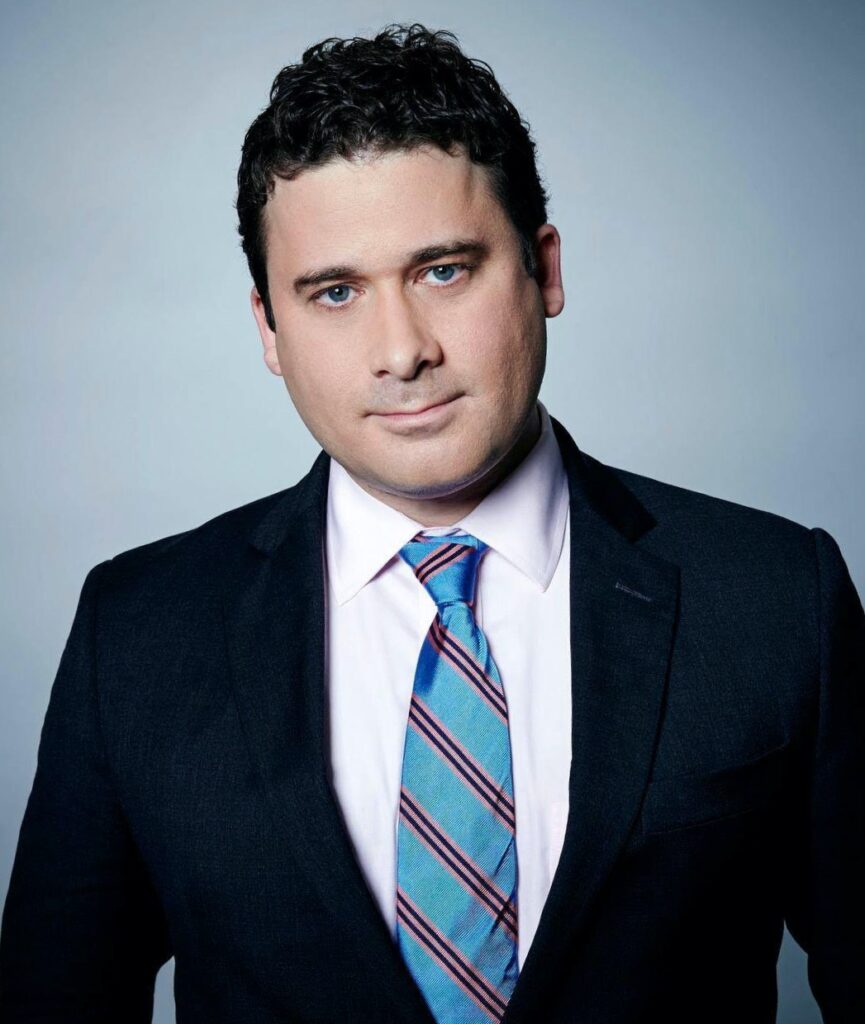
Mr. Josh Rogin
Columnist, Foreign Policy and National Security, The Washington Post
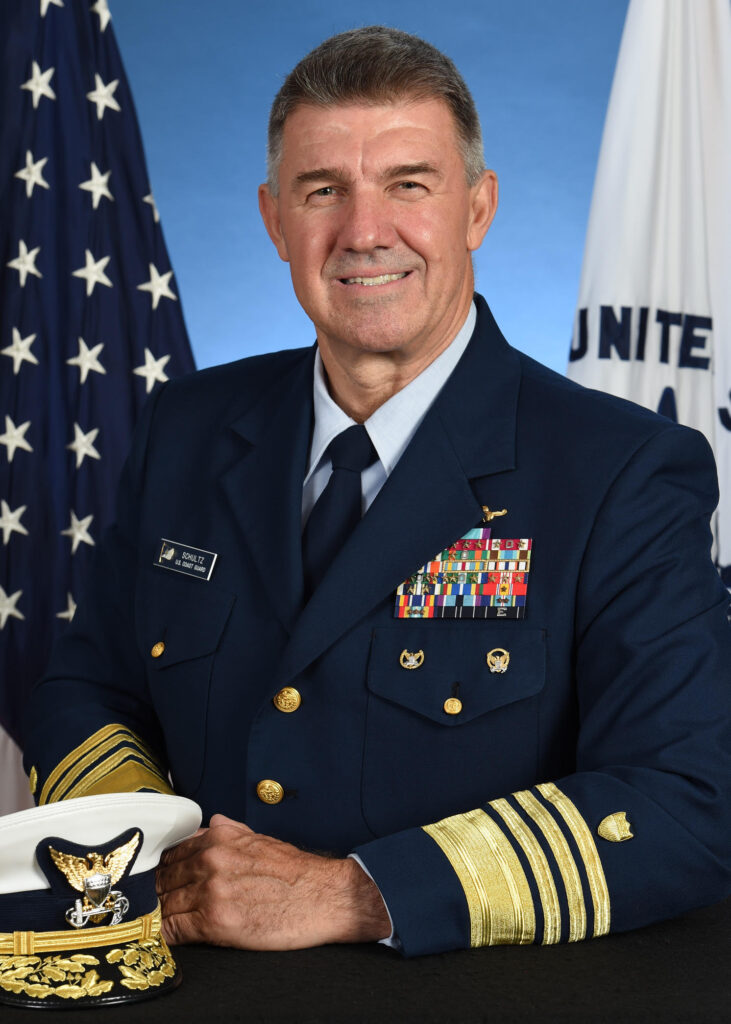
Admiral Karl Schultz
Commandant, United States Coast Guard
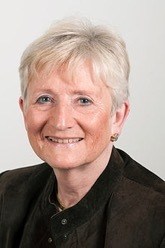
Lady Pauline Neville-Jones
Member, House of Lords
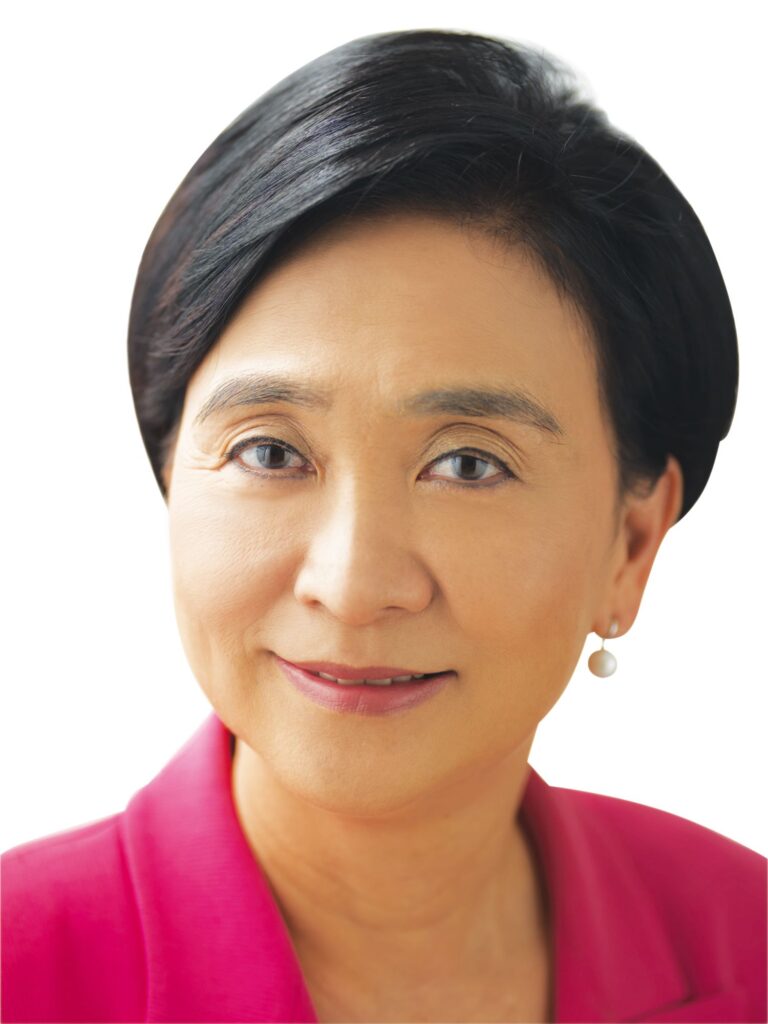
Ms. Emily Lau
Chair of the Foreign Affairs Committee, Democratic Party, and Former Chairperson, Democratic Party, Hong Kong
Almost thirty years after the collapse of the Soviet Union, the world is in the midst of a new Cold War. But unlike the Soviet challenge, China threatens the west in more than just the ideological sense. It rivals the political and economic influence that we have spent decades building across the globe. As China continuously challenges the West on numerous frontiers, is the world watching?
All people of the world aspire to liberal democracy, right? What’s better than people choosing who will lead them? Unfortunately, many democracies’ reach exceed their grasp when it comes to facing global challenges and threats. How can a democracy begin to think strategically when every four years, the main players and plans could change? China, with it’s one party, one leader, and tight grip on the diplomatic, information, military, and economic levers is not only strengthening itself, but subverting democracies of the world. From cheap goods, 5G technology, to Huawei phones, it’s time we turn off silent mode and listen to the alerts.
“People have to recognize that China will have greater arctic strength than the US. We need to be cognizant of that”
— Admiral Karl Schultz, Commandant, United States Coast Guard
“We are not going to die in Hong Kong my friends, and I hope that you won’t let us die”
— Ms. Emily Lau, Former Chairperson, Democratic Party, and Chair of the Foreign Affairs Committee, Democratic Party, Hong Kong
“From the Chinese side, it’s all one strategy. We have to start thinking in those terms to formulate ours”
— Mr. Josh Rogin, Columnist, Foreign Policy and National Security, The Washington Post
“The US has to decide: does it want to beat it’s allies over the head, or does it want to share?”
— Lady Pauline Neville-Jones, Member, House of Lords
“There are people who would give up their freedoms for a different standard of living. In my opinion, if they do that, they’ll end up with neither”
— Senator Jim Risch, United States Senator from Idaho, United States Senate
“China got here by going out and appropriating the best of other countries”
— Senator Jim Risch, United States Senator from Idaho, United States Senate
18:00-18:30
Halifax Chat
Speakers
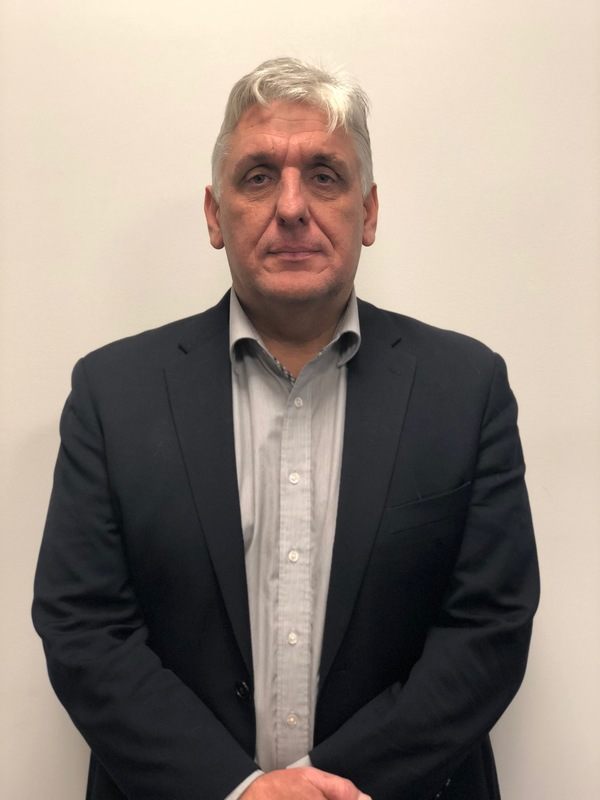
Moderator Mr. Robin Shepherd
Vice President, Halifax International Security Forum
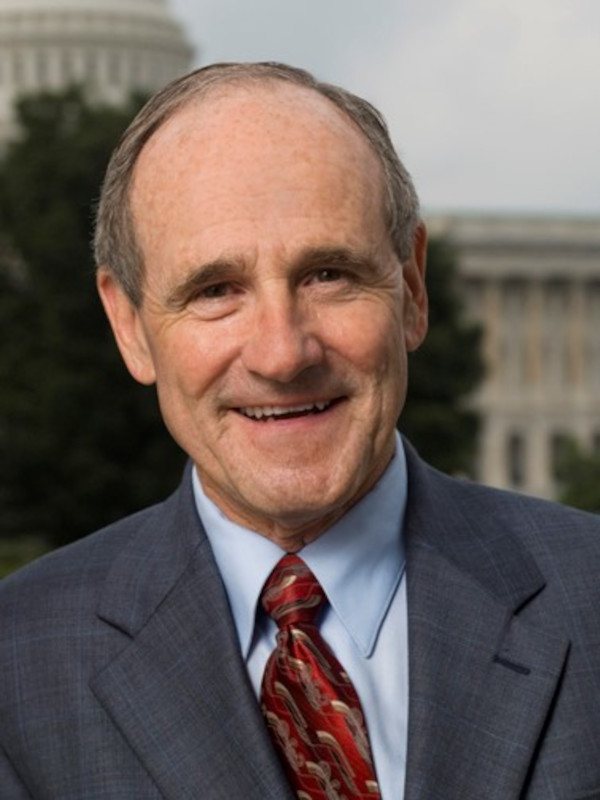
Senator James E. Risch
Senator from Idaho, United States Senate
This year’s first Halifax Chat kicked off with a question: Can China continue to play dirty games with western businesses and get away with it? Moderator Robin Shepherd and U.S. Senator Jim Risch explored this question in depth. They agreed that the international community must be more forceful in insisting that China follow established rules and abide by global trade norms. This is particularly crucial in regard to intellectual property, which China correctly sees as the currency in the 21st century. When the world does not give it what it wants, China has shown that it is more than willing to take it. When will the world say that enough is enough?
18:30
Shuttle to Pier 21
LOCATION: Westin Lobby
18:30-19:30
Reception
LOCATION: Canadian Museum of Immigration at Pier 21
19:30
Gala Dinner
Presentation of the Builder Award to Ms. Nancy C. Southern, Chair, President & Chief Executive Officer of ATCO Ltd. and Canadian Utilities Limited; Recognition of the 2019 Class of Peace With Women Fellows
21:30
NIGHT OWL SESSIONS
Climate: Change
SPEAKERS:
-
- Dr. Chaitanya Giri, Fellow, Space and Ocean Studies, Indian Council on Global Relations, Gateway House
- Senator Angus King, United States Senator for Maine, United States Senate
- MODERATOR: Ms. Molly Ball, Political Correspondent, TIME and Political Analyst, CNN
Hong Kong’s Summer, China’s Fall
SPEAKERS:
-
- Ambassador Joseph Hockey, Ambassador of Australia to the United States, Embassy of Australia to Washington
- Mr. Dolkun Isa, President, World Uyghur Congress
- Dr. Lobsang Sangay, President, Central Tibetan Administration
- Dr. Daniel Twining, President, International Republican Institute
- MODERATOR: Ms. Karen DeYoung, Associate Editor and Senior National Security Correspondent, The Washington Post
Make Elections Safe Again
SPEAKERS:
-
- Mr. Michael Abramowitz, President, Freedom House
- Ms. Lisa Kaplan, Founder and CEO, Alethea Group
- Mr. Vladimir Milov, Economic Advisor to Russian Opposition Leader Alexei Navalny
- Admiral Michael Rogers, 2nd Commander, United States Cyber Command
- MODERATOR: Mr. Blake Hounshell, Editor in Chief, POLITICO Magazine


